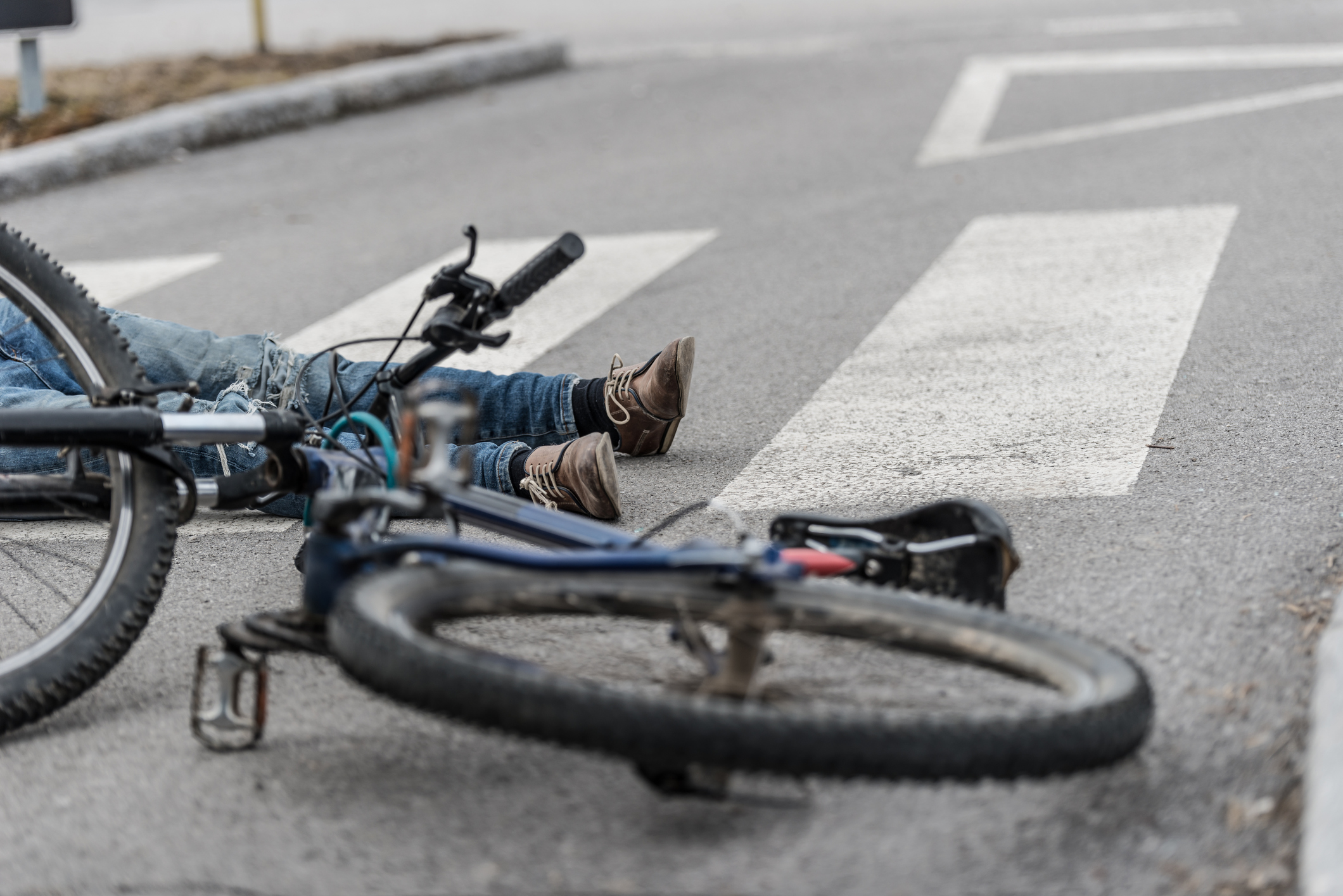I am an avid cyclist. Perhaps too much, some would say. Over the years I have ridden some 20,000 miles, much of it on Long Island’s roads. I am very familiar with the roads in and around my home. I know where there are rough roads. I know where there are potholes and most especially speed bumps.
And yet today, I crashed on a familiar road and a well-known speed bump. I am fortunately OK, despite a great many scratches and a few too many bruises. Friends offered reassurance, comradery and even some humor, “It happens to everyone. As long as nothing is broken, you will heal quickly. Is your bike OK?” Family offered love and “Thank God’s.”
After a crash, or an accident, or any mishap, one reviews the events and plays the scene over and over and over again. Why did this happen? How could this have occurred? For a brief moment I had no hands on my handlebars while I readjusted the heartrate monitor. I decided to go straight instead of turning right on a prior street. I forgot about the second speed bump.
I lay on the ground cursing my misfortune and lamenting my carelessness. I should have turned. I have should have paid better attention and remembered the speed bump that I more often than not point out to friends. I wondered. Was this ride cursed? Prior to setting out I knocked a pair of landscaping scissors off a garage shelf. It fell and cut my leg. Was this a sign?
No, I reminded myself. We don’t believe in such things. That’s an infantile theology. Banish the thought.
A stranger stopped his car. I waved that I was OK. He got out of his car to check on me. He asked if I needed first aid. I said, “No. I’m OK.” He helped to fix my bike. He offered reassurance. “Those speed bumps should really be painted yellow so they are easier to see.” He helped me up. He stayed by my side until I was able to hop back on my bike and ride home. I slowly peddled home.
It was not until hours later that I discovered my biggest regret. It was not the wrong turn. It was not even the moment of carelessness. I never said, “Thank you.” I never offered a word of thanks for a stranger’s kindness. I was angry and frustrated. I was injured and hurt. Still, I should have said, “Thank you.”
I could have mustered a word of gratitude. He did not have to stop. He did not have to help.
And so I now find myself filled with thanks for the stranger who did not have to do anything, but did something nonetheless. I must always say, “Thank you.”
Let this be the greatest lesson from a crash.
A stranger’s helping hand, a word of thanks in return can offer healing.
Rabbi Steven Heneson Moskowitz is the rabbi of Congregation L’Dor V’Dor, a vibrant synagogue on Long Island’s North Shore. His writing appears in a variety of publications including Reform Judaism and The Times of Israel. He also blogs at rabbimoskowitz.com

